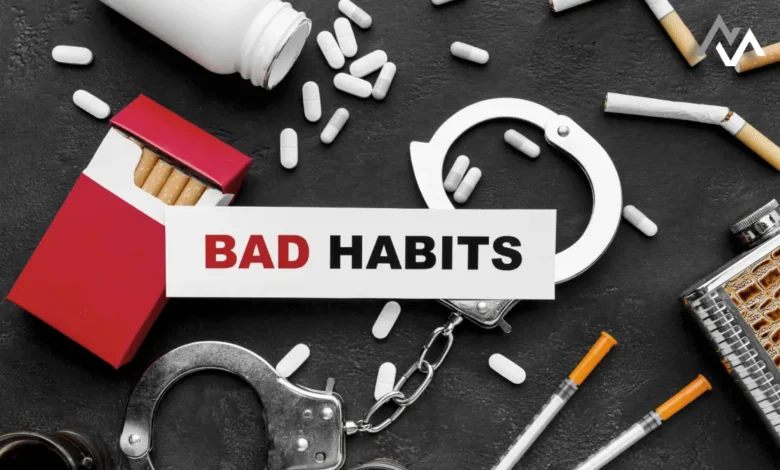7 Everyday Habits That May Secretly Be Addictions, Sabotaging Your Career

In today’s fast-paced world, many seemingly harmless daily habits can creep into our lives without us realizing their potential for harm. While these behaviors might appear productive or even beneficial at first glance, they can become disguised addictions, ultimately affecting your career performance and mental well-being. Here are seven such habits to watch out for, along with tips to regain control.
1. Checking Your Phone Constantly
With smartphones glued to our hands, it’s easy to think that constant checking is a necessity. Whether it’s emails, notifications, or social media, staying connected can give the illusion of productivity. However, obsessively checking your phone can distract you from meaningful work, reducing your focus and efficiency. Over time, this habit can harm your productivity, cause unnecessary stress, and diminish your ability to stay present in meetings or deep work sessions.
Solution: Set specific times to check your phone during breaks and stick to them. Use app blockers to prevent constant notifications and focus on one task at a time.
2. Overcommitting to Work
In a culture that rewards hustle, saying yes to everything might feel like the only path to success. However, overcommitting can stretch you thin, lead to burnout, and damage the quality of your work. This addiction to busyness might feel like achievement, but it ultimately undermines your long-term productivity and well-being.
Solution: Learn to set boundaries. Prioritize tasks that align with your career goals, and say no when necessary. Protect your personal time to maintain a healthy work-life balance.
3. Multitasking
Many of us pride ourselves on being able to juggle multiple tasks at once. However, studies have shown that multitasking can reduce efficiency and lead to more mistakes. It splits your focus, making it harder to complete tasks effectively, and over time, it can increase stress levels.
Solution: Adopt single-tasking. Focus on completing one task before moving on to the next. By dedicating your full attention to each activity, you will be more efficient and produce higher-quality work.
4. Constantly Seeking Validation
In an era of social media and instant feedback, it’s easy to get caught up in the need for external validation. Whether it’s seeking praise from colleagues or likes on a LinkedIn post, this can become an addiction that affects your self-esteem and professional relationships.
Solution: Focus on intrinsic motivation. Set personal goals and reward yourself based on your own accomplishments rather than relying on others for approval.
5. Perfectionism
Striving for perfection might seem like a virtue, but it can quickly become paralyzing. Perfectionists often delay projects or overwork themselves, fearing judgment if their work isn’t flawless. This need for perfection can slow down progress and strain relationships with coworkers.
Solution: Aim for excellence, not perfection. Understand that mistakes are part of the learning process. Focus on completing tasks to a high standard without over-analyzing every detail.
6. Overindulgence in Social Media
Scrolling through social media platforms during work breaks might seem harmless, but it can quickly become an addictive distraction. Social media offers instant gratification, pulling you away from productive work and affecting your ability to stay focused.
Solution: Limit your social media time during work hours. Use apps to track and reduce screen time, and schedule time in the day to engage in more meaningful online interactions.
7. Procrastination in the Name of Planning
Planning is essential for success, but over-planning or endlessly organizing can be a form of procrastination. This habit tricks you into thinking you’re working, but in reality, you’re avoiding taking action on important tasks.
Solution: Practice time-blocking techniques. Allocate a specific amount of time to plan, then move directly into action. Keep planning sessions concise and focused on achievable steps.
Conclusion: Breaking the Cycle
These daily habits, while seemingly harmless, can easily spiral into destructive patterns that impede career growth. Recognizing and addressing them is the first step toward breaking the cycle and taking control of your professional life. By building healthier routines and setting boundaries, you can avoid falling into the trap of disguised addictions, allowing yourself to thrive both personally and professionally.




